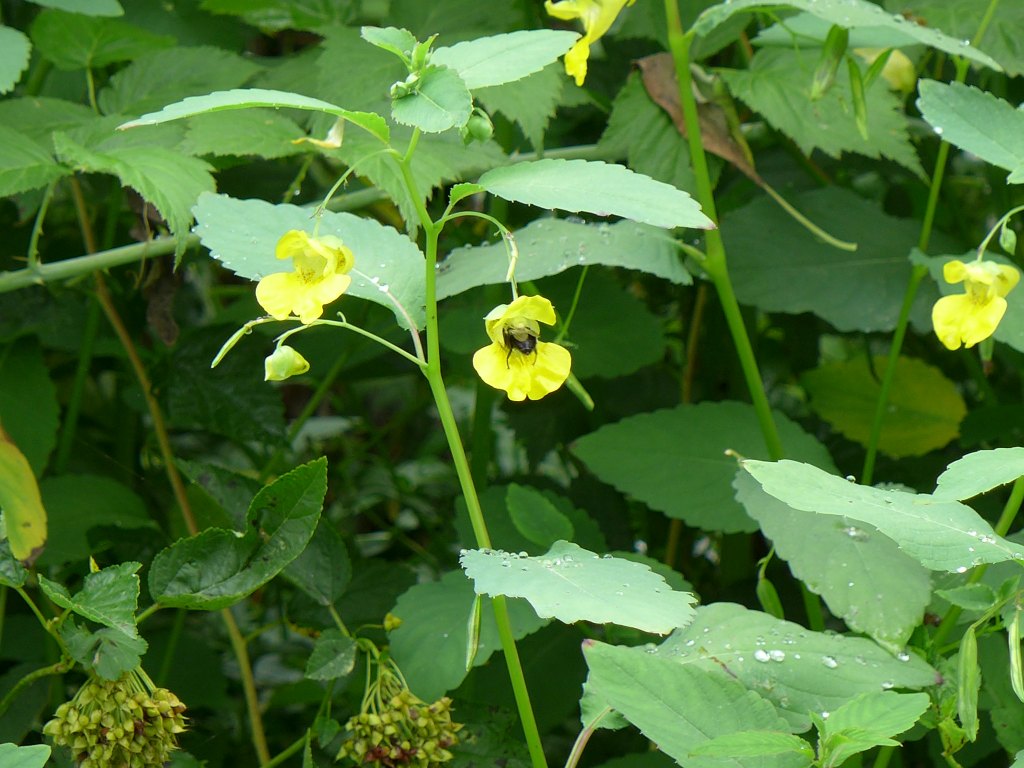20 July 2025, in Finland
It’s probably that each place on earth now has invasive crops and plenty of of them are the identical species popping up in all places. We’re now in Finland the place their invasive crops listing consists of two which can be additionally invasive in Pennsylvania — large hogweed (Heracleum mantegazzianum) and rugosa rose (Rosa rugosa) — however we’ve additionally seen two species which can be invasive in Finland and don’t even develop wild in PA.
Lupines (Lupinus) are an exquisite flowering genus of 199 species, most of that are native to North and South America. Usually cultivated in gardens, they’ve escaped to the wild in Scandinavia and New Zealand and are actually invasive.
Backyard lupine (Lupinus polyphyllus) is native to western North America from Alaska to Utah and was deliberately planted to beautify roadsides in Finland.

However now it’s in all places. I assumed these flowers by the railroad have been a part of a beautification undertaking. Nope. They’re invaders.

Himalayan balsam (Impatiens glandulifera) is an annual plant with excessive seed manufacturing that adopted the identical trajectory as large hogweed and Japanese knotweed.
Within the UK, the plant was first launched in 1839, concurrently large hogweed and Japanese knotweed. These crops have been all promoted on the time as having the virtues of “herculean proportions” and “splendid invasiveness” which meant that extraordinary folks might purchase them for the price of a packet of seeds to rival the costly orchids grown within the greenhouses of the wealthy.
Certainly Himalayan balsam is splendidly invasive however as a result of it prefers a cooler local weather it invades the northern latitudes and doesn’t develop wild in PA.

Although it’s an annual it produces a lot of seeds which pop when the seed pod is touched.

You may discover its resemblance to our native jewelweeds — as an example yellow jewelweed (Impatiens pallida) or pale touch-me-not — whose seed pods additionally pop.

Learn extra about invasive species in Kuopio, Finland close to the place we’re visiting. The Spanish slug is on their listing. Eewww!

